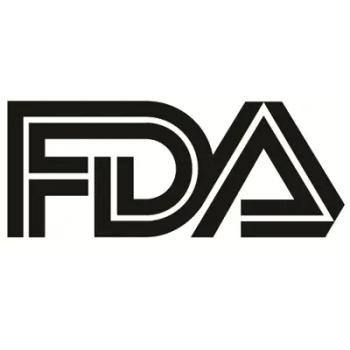
The approval, awarded to Alnylam Pharmaceuticals, is based on the results of the ILLUMINATE-C phase 3 trial.

The approval, awarded to Alnylam Pharmaceuticals, is based on the results of the ILLUMINATE-C phase 3 trial.


Although crude results of a study showed risk of neurodevelopmental disorders doubling when exposed to antidepressants during pregnancy, these results were not observed in a fully adjusted analysis.
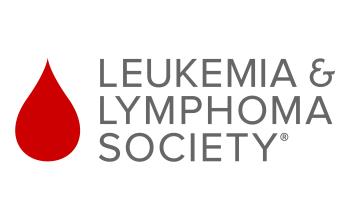

An analysis of trends has shown overall substance use among adolescents to decrease, while cannabis use and vaping have risen.

The American Academy of Pediatrics has released a join policy statement with the American College of Emergency Physicians and the Emergency Nurses Organizations discussing how child safety can be optimized in emergency settings.
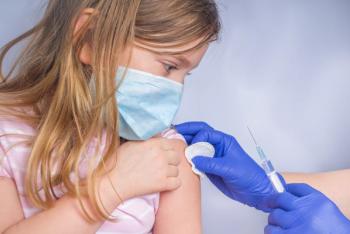
Study links discrepancy to adults’ misbeliefs about vaccine safety.

In a recent study, access to pediatric palliative care was found to be lacking, despite the benefits it provides.

A recent study found that parent management training programs which incorporated time-out as a behavioral response are just as effective in children with history of adverse child experiences (ACE) as those without ACE history.

In a recent study, severe COVID-19 made up 8% of cases among neonates aged less than 28 days.

In a recent presentation at at the Nurse Practitioners in Women’s Health (NPWH) 25th Annual Conference, Carri Holton, MSN, WHNP, discussed gynecological complications that adolescents may face and offered practical treatment options.

In a recent study, investigators found that children from socioeconomically depraved families were more likely to be hospitalized from COVID-19.
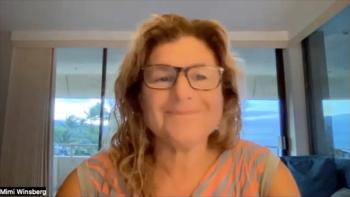
Mimi Winsberg, MD, chief medical officer at Brightside Health, discusses new data on how telehealth intervention is efficient at reducing suicidal ideation when implemented correctly.

In a presentation at the Nurse Practitioners in Women’s Health (NPWH) 25th Annual Conference, Katie Huffling DNP, RN, CNM, FAAN, explained how different cases of environmental exposure are impacting women’s health.

In a recent presentation the NPWH 25th Annual Premier Women's Healthcare Conference, Jenny Madrid, MPH, RD, CDCES, BC-ADM, discussed medical nutrition therapy, a type of treatment plan for managing gestational diabetes by adjusting to an appropriate diet.
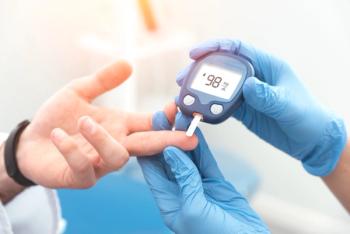
In a recent study, pediatric patients infected with COVID-19 were more likely to develop type 1 diabetes than those infected with other respiratory illnesses.

Ian McGovern, Epidemiologist, Senior Manager at CSL Seqirus, discusses new data on influenza gathered in a recent study, and how influenza rates are expecting to rise in the 2022 to 2023 flu season.
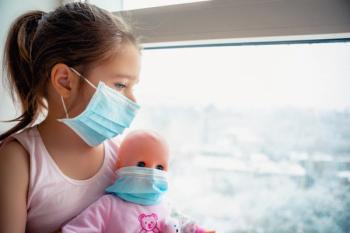
In a recent study, researchers found that respiratory illness rates fell when precautions against COVID-19 were in place.

Pfizer and BioNTech have applied to the FDA for Emergency Use Authorization of their Omicron BA.4/BA.5-adapted bivalent vaccine booster for use in pediatric patients aged 3 to 11 years.

In a recent report, the American Academy of Pediatrics discussed how influenza affects children and how it can be prevented.

AVROBIO’s AVR-RD-04 therapy has been granted rare pediatric disease designation to treat cystinosis in pediatric patients.
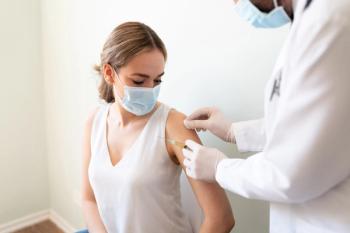
In a recent study, participants who had received a COVID-19 vaccine saw an average increase in menstrual cycle length of less than 1 day.

In a recent study, eviction was associated with poor health and development outcomes in infants and toddlers.

In a new statement, the American Academy of Pediatrics outlines the importance of immunization information systems.

In a recent report, the American Academy of Pediatrics offered updated guidance for treating and managing head lice.

In 2 recent phase 3 trials, safety and efficacy was proven in the use of roflumilast cream 0.3% for the treatment of plaque psoriasis.

Results of the TARGET trial provide insight into the effects of tight glycemic targets versus less tight targets on maternal and perinatal outcomes among women with gestational diabetes.

Children regularly engaged in physical activities had significantly better visual and stereoacuity than those who reported moderate, light or no activity.

Sodium thiosulfate has been approved by the FDA to treat ototoxicity in pediatric patients with localized, non-metastatic solid tumors.

After promising outcomes in an ongoing phase 2 trial, the FDA has given Pfizer’s GBS6 vaccine Breakthrough Therapy Designation against Group B Streptococcus in infants.